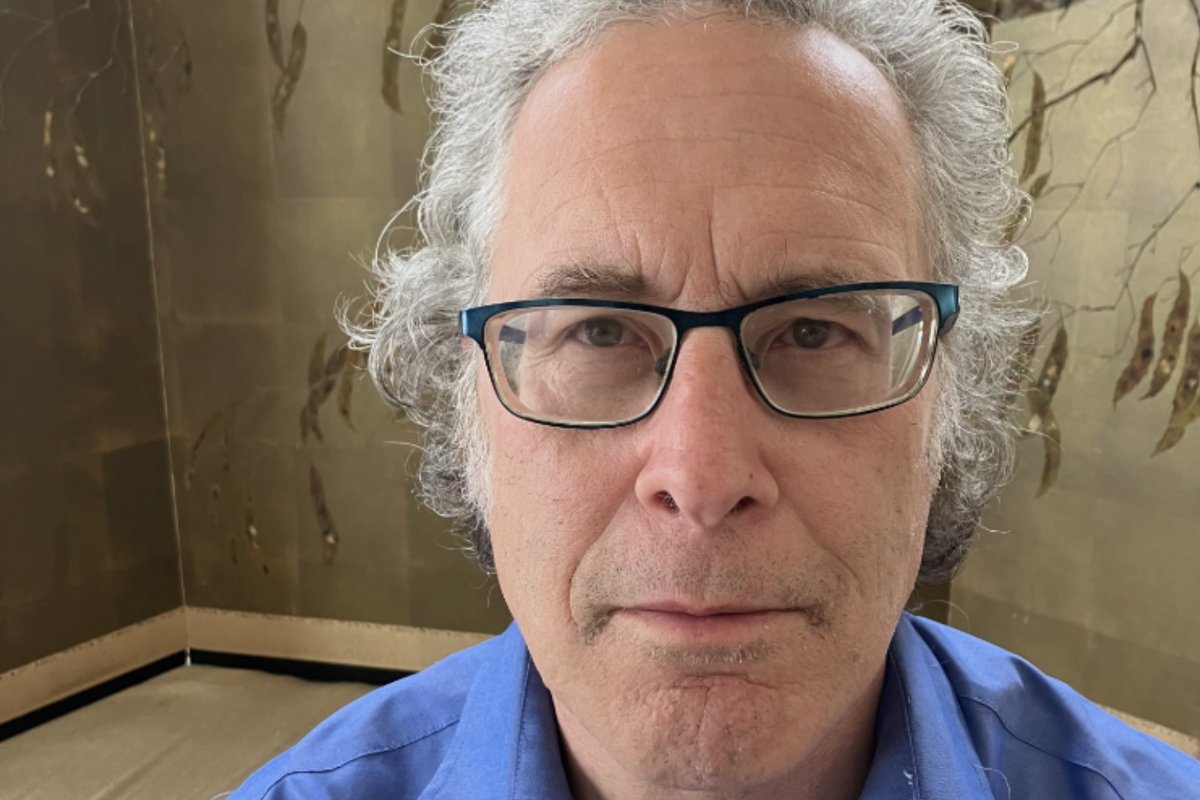🎙️ Voice is AI-generated. Inconsistencies may occur.
After five years, I'm leaving San Francisco, having fulfilled my mission of helping my elderly parents at the end of their lives. As I depart, I'm pessimistic about whether San Franciscans can solve the problems of homelessness, drug use, and crime that have made the national news, particularly after Whole Foods decided to close its flagship store because of rampant theft and attacks on employees.
Drugstore chains are locking deodorant and toothpaste because of an epidemic of shoplifting, and the fentanyl crisis has forced Governor Gavin Newsom to call out the National Guard. Imagine that: Peacenik San Francisco has had to resort to the military to solve its problems.
The city's troubles are in large part due to a mindset that seems to pervade life and that I encountered in schools, where I was a high school teacher. In a nutshell, adults are afraid to offend, while children seem trained to be offended.

The first time I realized that I was in new territory was when my English department colleagues said they didn't cold-call on students in class.
Educators use this technique to get as many voices as possible into class discussions. It's also an excellent way to keep students on their toes. I was informed, however, that cold calling might overwhelm a student or make them believe they've been "singled out," or even make them feel bad because they hadn't done their homework.
I wondered: Can teenagers be so brittle?
Faculty workshops on racial justice are common in schools here. Ours were facilitated by a group that promised candid discussions. However, our actual exchanges were anything but frank. When we broke into small groups to discuss ideas presented in full sessions, no one said anything of substance, for fear of offering an opinion that might get them labeled as a racist.
And eventually, I was. My offense: I called a minority student by the wrong name twice within a week. We were wearing masks; it was early in the school year, and I was attempting to familiarize myself with everyone's name. After an investigation, I was fired because my misnaming was deemed racially insensitive. The inference was that I needed to examine my soul for lurking prejudice.
A year later at another school, I was told by the administration that my seniors didn't feel "safe" in my classroom. Translation: They were uncomfortable with my use of a very gentle Socratic Method, in which a teacher uses an opposing point of view to draw out a student's ideas or suppositions.
A month into the year, some students became livid after we read George Orwell's "Shooting an Elephant," an essay on high school reading lists for more than sixty years.
The work describes the author's experience in the 1920s as a policeman in Burma when he was forced to shoot an elephant that had killed a villager. My seniors were "offended" because the work contained the pejorative "coolie" to refer to the Burmese.
Yes, I agreed, the word was objectionable, but I explained the importance of being tolerant of the standards of previous generations. If you judge Orwell by contemporary norms, you can expect to be judged by future people. The essay has stood the test of time because of Orwell's stark criticism of Great Britain's colonial system.

It didn't matter. I was told I should've found an anti-colonialist essay that didn't contain the derogatory term. Certainly, teachers should update syllabi with works that resonate with current students, but, in retrospect, it's hard to determine how much of their revulsion was a show of "empowerment," in which teens are encouraged to broadcast anything they deem remotely unpalatable.
Among adults, virtue signaling seems very common here. In conversations with locals, I discovered that people are candid only when you speak to them alone.
For example, many residents don't subscribe to the belief—harbored largely in far-left circles—that every homeless person is a victim, or that drug addicts have the right to pitch their tents on streets. But to make these comments public would risk ostracization. In a city located just across the Bay from Berkeley—where the Free Speech movement was supposedly born—there is a tremendous lack of real and constructive debate.
San Francisco has so much going for it: Neighborhoods that feel like villages filled with magical houses and shops, and baked goods and bread that is every bit as good—if not better—than those in the Big Apple, where I lived for thirty years. You can get excellent pizza here, and Golden Gate Park, with its lush vegetation, walking paths, and conservatory, rivals Central Park. In forty minutes, you can be strolling on the Pacific Ocean or hiking among redwoods just across the Golden Gate Bridge.
Unfortunately, the sum of these wonderful things acts like a narcotic. Unlike cities like New York, you can live in San Francisco without being exposed to the dark side of urban life, and if you work in tech, you can afford anything your heart desires.
As I depart for Chicago, I'm leaving a piece of my heart here. San Franciscans are intelligent and innovative people, but I fear little will change until the residents find the courage for honest dialogue that can lead to true renewal.
James Vescovi is a writer and high school teacher.
All views expressed in this article are the author's own.
Do you have a unique experience or personal story to share? Email the My Turn team at myturn@newsweek.com



